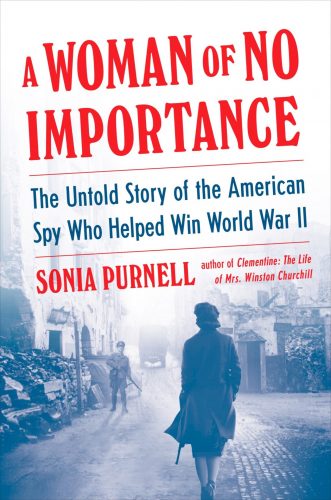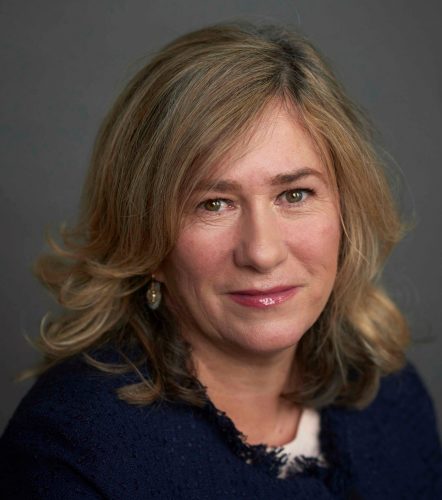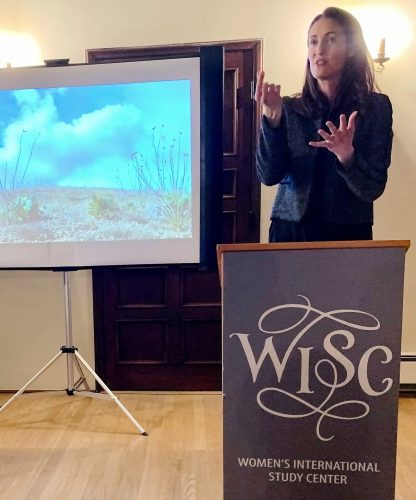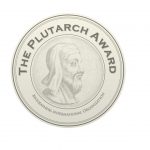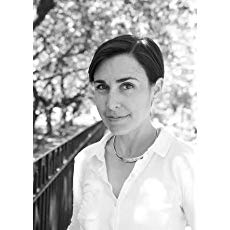BIO Welcomes New Board Members and a New Vice President
BIO members recently elected a new vice president, Sarah Kilborne, and three new board members: Natalie Dykstra, Steve Paul, and Eric K. Washington. Like BIO’s membership at large, members of BIO’s Board of Directors come from diverse backgrounds and practice the art of biography in multiple print and non-print media.
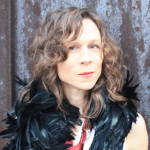
Sarah Kilborne
Sarah Kilborne has chaired BIO’s Publicity and Social Media Committee for the past two years. Thanks to her initiative and enthusiasm for BIO and the support of her committee members, BIO is upgrading its website and increasing BIO’s presence in the media and publishing world. Kilborne is a performance artist and LGBTQ activist, as well as a writer for children and adults. Her American Phoenix: The Remarkable Story of William Skinner, A Man Who Turned Disaster into Destiny was published by Free Press in 2012. Her current project is a group biography of the women musicians featured in her one-woman show, The Lavender Blues: A Showcase of Queer Music before World War II.
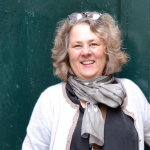
Natalie Dykstra
Natalie Dykstra is a longtime member and supporter of BIO. She received BIO’s first Ina and Robert Caro Travel Fellowship and has presented several times at BIO conferences. Her first biography, Clover Adams: A Gilded and Heartbreaking Life, was a finalist for the 2013 Massachusetts Book Award. Her current project, a biography of the art collector and museum founder Isabella Stewart Gardner, won support from the 2019 NEH Public Scholar program and is under contract with Houghton Mifflin Harcourt. Dykstra teaches in the English Department at Hope College in Michigan during the fall semester and the rest of the year works from her home near Boston.
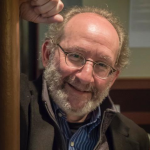
Steve Paul
Steve Paul is a journalist-turned-biographer. Since his retirement as a reporter, editor, and book critic for the Kansas City Star, he has written and published Hemingway at Eighteen with Chicago Review Press, an independent publisher that he connected with during his first BIO Conference. He has just completed the first draft of a biography and literary portrait of the American writer and Kansas City-native Evan S. Connell, under contract with University of Missouri Press. Paul is a former board member of the National Book Critics Circle and for the past year served on BIO’s Caro Fellowship Committee.
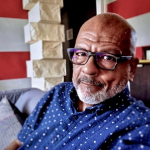
Eric K. Washington
Eric K. Washington is an independent historian of New York neighborhoods and the author of Boss of the Grips: The Life of James H. Williams and the Red Caps of Grand Central Terminal, just out in December from Liveright/Norton. The project earned him a 2015–2016 Leon Levy Biography Fellowship, a Dora Maar House Residency Fellowship in France, and participation in Columbia University’s Community Scholar program for three years. His profile of AIDs activist Phill Wilson for Out magazine received recognition from the National Association of Black Journalists. Washington is the owner of Tagging the Past, which endeavors to reconnect forgotten history to present landscapes through articles, talks, and tours.
Kilborne, Washington, Paul, and Dykstra will help BIO grow both in numbers and in influence over the coming years.
Linda Leavell is a charter member and current president of BIO. Her biography of the American poet Marianne Moore won the 2014 Plutarch Award and PEN Award.
